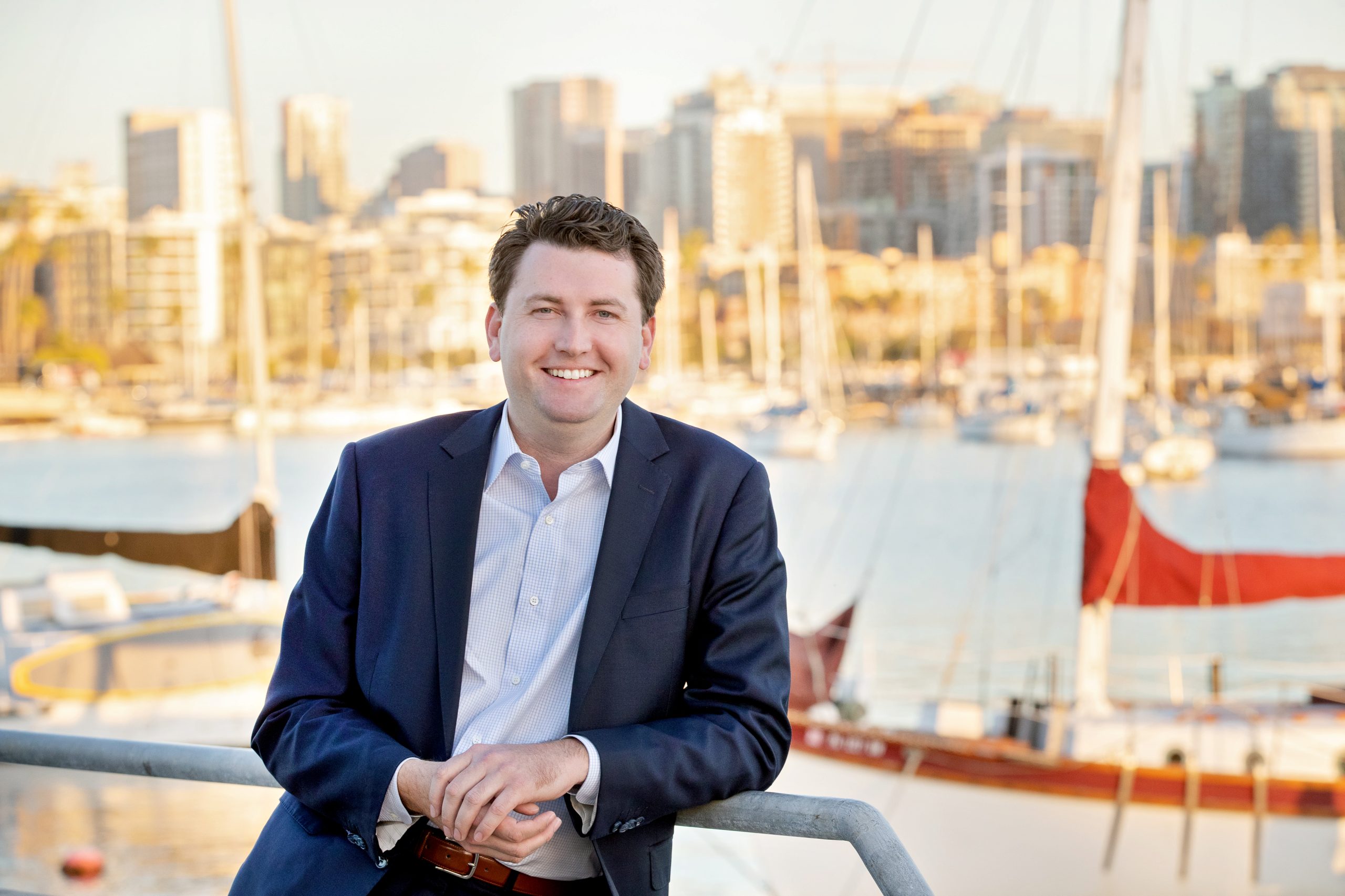This article was originally published in La Jolla Light
Written by Mark Powell
When law-abiding citizens need to display signs in their car windows pleading with criminals not to break into their vehicles, our criminal justice system is failing us.
When we cannot leave our garage doors open even for a few minutes for fear of being burglarized, our criminal justice system is failing us.
When shoplifters can walk into a store, take what they want and walk out knowing that store personnel won’t stop them and police will not take them to jail, our criminal justice system is failing us.
Crime in San Diego has increased over the past year, and if current laws continue to allow criminals to be released from jail without bail and ignore what are now considered low-level property and drug crimes, San Diego will end up like San Francisco, riddled with open drug use, vandalism and theft.
Stealing and drug use are still illegal in San Diego, even if they fall under California’s Proposition 47, a failed experiment in criminal justice reform that was intended to keep non-violent criminals out of crowded prisons and treat what are considered low-level criminals with more compassion.
What Prop. 47 actually did was spark a surge in car break-ins and shoplifting throughout the state. By reducing penalties associated with those and other property crimes — and making it more difficult to issue felony sentences — Prop. 47 deprioritizes justice for California residents and businesses, who now are increasingly victims of vandals and thieves operating with near impunity.
Although some of the criminal justice reforms brought about by Prop. 47 were positive, the unintended consequences exceedingly outweigh the benefits of this flawed piece of legislation.
However, there are ways to counter the ill effects of rising crime due to failed laws such as Prop. 47. First, we need to hire more police officers and arrest those who are committing crimes. Second, provide schools with ongoing and comprehensive drug education programs.
Evidence in a Princeton University study indicates that more cops on the beat means less crime on the street. However, as efforts to defund the police continue, cities like San Diego are hard-pressed to increase funding for police.
But there is a solution. Local government must encourage and subsidize the hiring of reserve police officers, because these officers serve voluntarily with no pay. Similar to a full-time police officer, a reserve officer performs general law enforcement duties, including street patrol, investigations, report writing and traffic control. Because they do not require the costly benefits and modest pay that come with full-time police service, departments can hire hundreds of reserves to handle the so-called low-level crimes, freeing up regular police officers to deal with more serious crimes. The additional officers would do a lot to help manage the increase in property crimes throughout San Diego County.
Many thefts are sparked by drug-addicted criminals who need to steal to support their addiction. And even if they are caught with a few stolen goods or small amounts of narcotics including heroin, crystal methamphetamine and fentanyl, they don’t fear arrest because their crime falls under Prop. 47.
Those who steal or vandalize property need to be removed from the streets, even if just for a short time, so they can no longer prey on law-abiding citizens. And while incarcerated, they must be provided with counseling, mental health and substance abuse services. Treatment for drug addiction isn’t a cure, but addiction can be managed through treatment so they can regain control of their lives.
Another way to prevent theft is to prevent drug use, and that can be accomplished through substance abuse education starting in middle and senior high schools. Schools play an important role, both inside and beyond the classroom, in preventing drug use. While drug education programs exist in many districts, they can do more. These programs need to focus on influencing students’ values and attitudes so they make healthier decisions about alcohol and drugs.
Substance abuse education alone cannot overcome the influence that media and peer pressure has on students. To be effective, school districts need to partner with social services, the business community and local government in a coordinated effort to curb drug use among young people.
Therefore, until Prop. 47 is repealed or at least amended, we must hire more reserve police officers and implement educational strategies to manage crime in San Diego.
Mark Powell is a past president of the La Jolla Sunrise Rotary Club and a former reserve officer with the San Diego Police Department. He served on the San Diego County Board of Education from 2016 to 2020, representing District 1, which includes La Jolla. Powell currently is president of the nonprofit Parents for Quality Education. ◆




